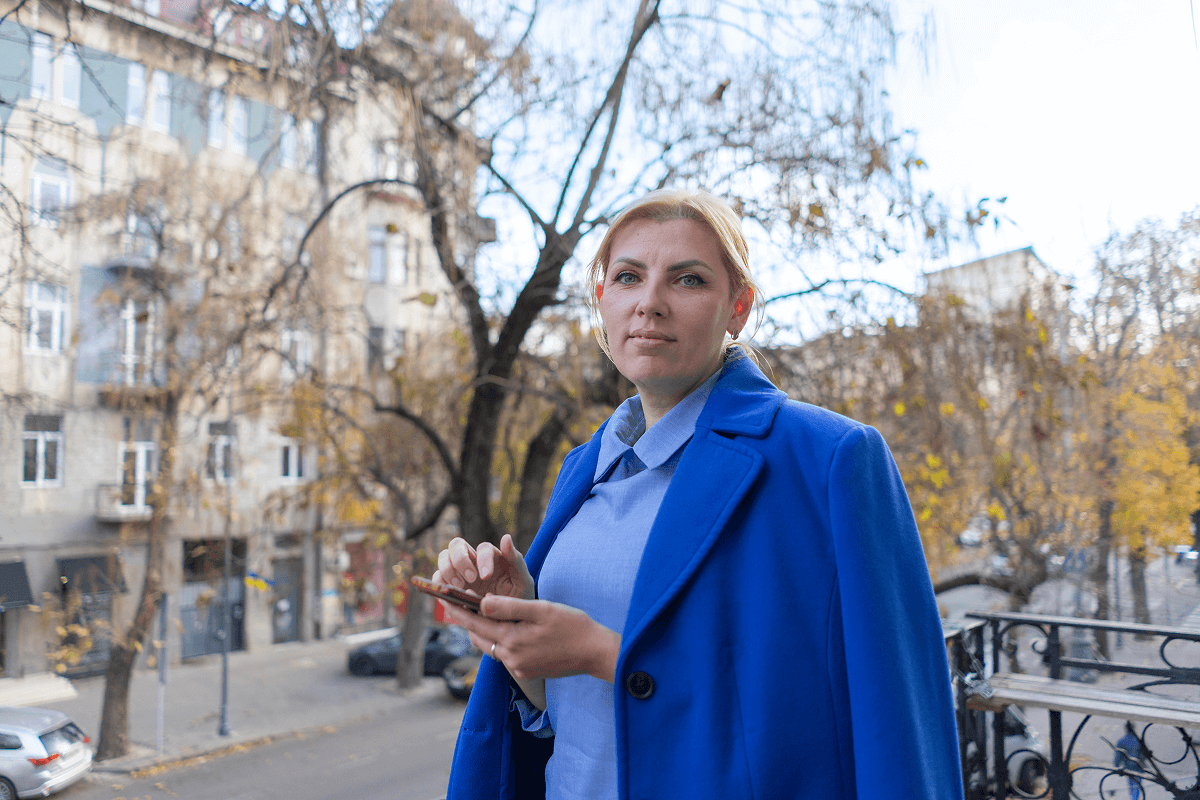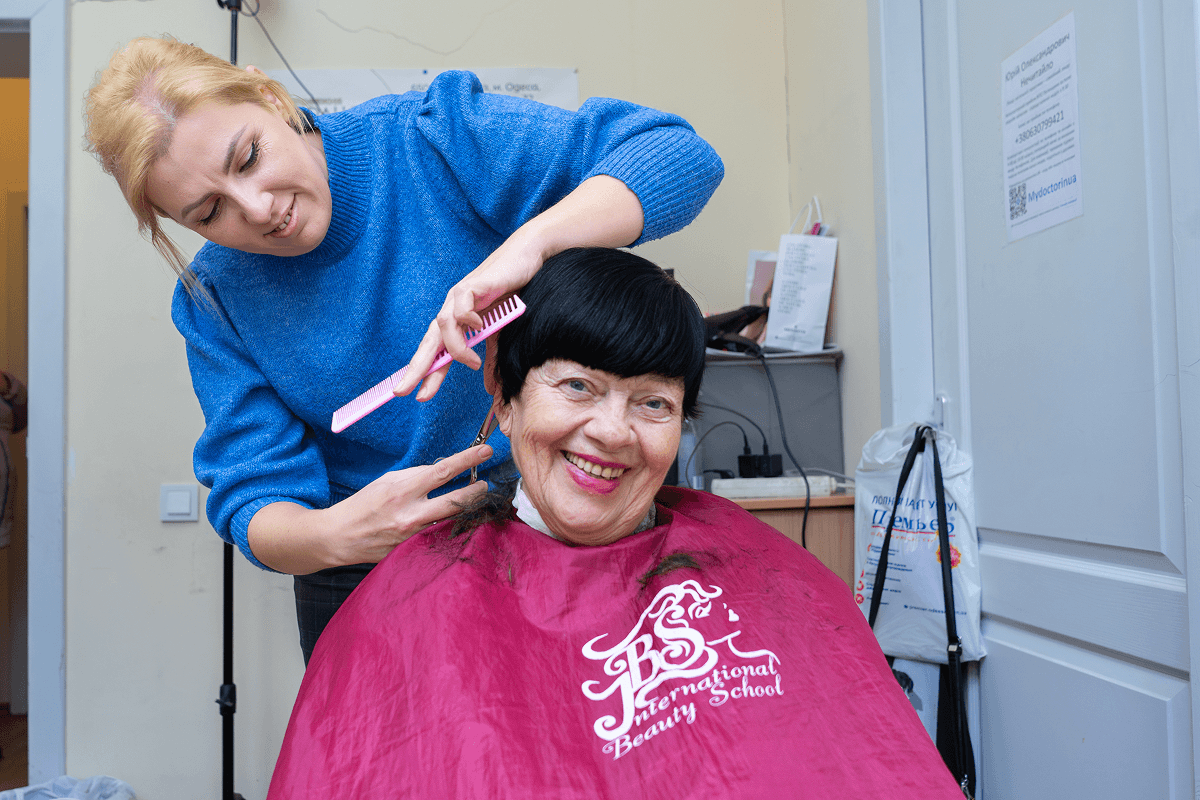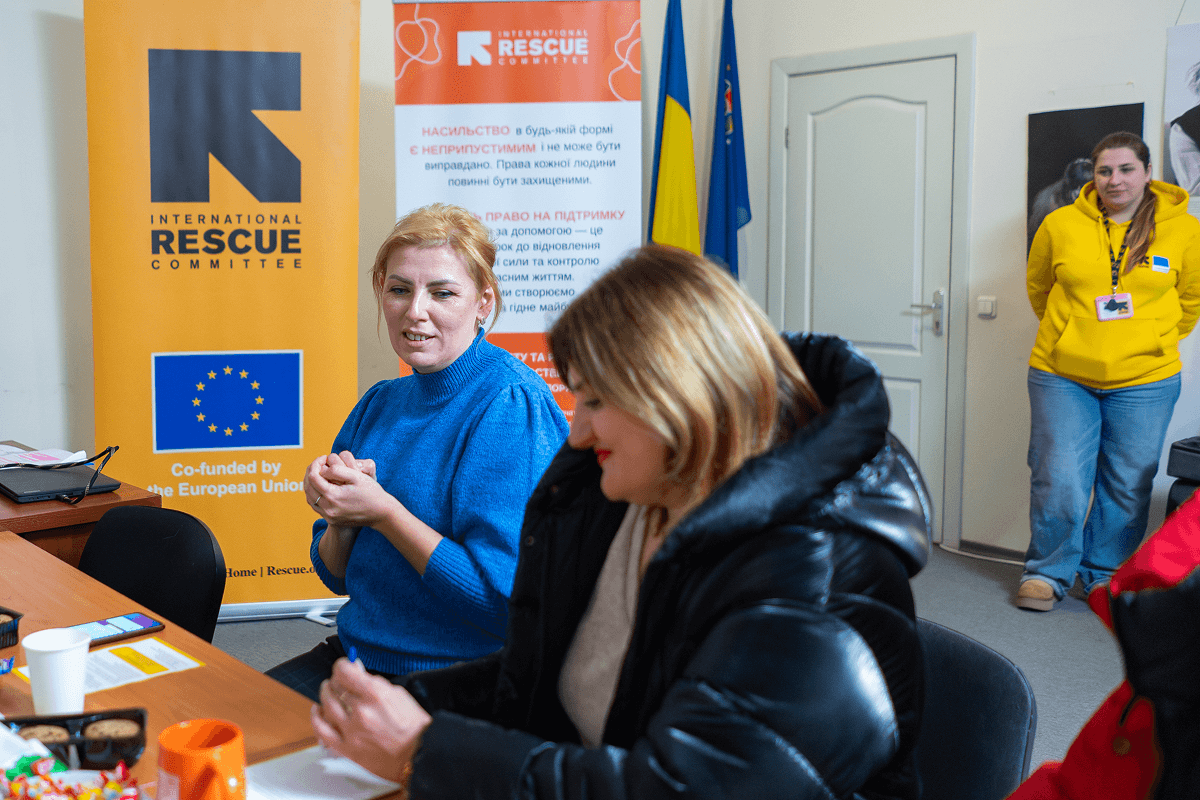Surviving and recovering: stories of Ukrainians overcoming the war's scars
Hanna Lukina, 43
"I felt like a homeless person," says Hanna Lukina, 43, an internally displaced person (IDP), recalling her first days in Odesa after fleeing the town of Nova Kakhovka in Kherson Oblast. Before the full-scale war broke out, she was a thriving businesswoman, running a popular beauty salon that drew clients from across the region.Now, she teaches hairdressing and runs an NGO dedicated to assisting IDPs. Hanna was blindsided on 24 February 2022, when the Russian invasion of Ukraine commenced. "You've got a little child, no electricity, water or gas in your apartment, all the shops are closed and you're left wondering how to make it through," Hanna recollects the first days of the full-scale war in Nova Kakhovka.
She started volunteering in the occupied settlement, sharing food with her neighbours and helping out the elderly.


"When you manage to get a couple of kilogrammes of potatoes and you realise an 89-year-old woman lives nearby, unable to go out and buy anything for herself, it hits you - you have to share," she says. Leaving the town was complicated. Hanna was especially terrified by the sight of cars that had been shot at and left abandoned on the roadsides.
When the chance to evacuate by bus finally came, people were given just two hours to pack. "I arrived in what I was wearing at that moment - it was all I had with me," says Hanna. The journey to Odesa took three days and included two transfers.
During one of them, the bus came under fire. Thankfully, Hanna and her son made it to the city unharmed. Little by little, life began to improve.
Hanna got a job teaching at a hairdressing school and started volunteering, giving free haircuts to displaced people.


"I remember the state I was in when I first arrived. Two days later, I looked in the mirror and was petrified. That was when I understood what a woman leaving the occupation feels like.
The harsh conditions she lives in. What it feels like when you can't afford a beauty salon but still long to feel beautiful," Hanna explains. Hanna now runs her own NGO, Rukhaiemosia Razom (We Move Together), which helps IDPs, particularly women and people with disabilities.
Through a variety of projects, ranging from psychological training to photo shoots, she helps people regain their confidence and boost their self-esteem.


"By helping others, I help myself first and foremost. Everyone asks me: why do you need to do this? I tell them: you don't understand, it's therapy.
It's through this that I find it easier to cope with the war," she says.
Hanna also attends IRC team sessions on women's protection and empowerment.She particularly enjoys the discussions and art therapy events, as she believes, every volunteer needs their own volunteers.
In addition, Hanna dreams of creating a special beauty space in Odesa - not just a beauty salon but a sanctuary where women can get psychological support, attend art therapy, or enjoy quiet moments in a dedicated relaxation room.